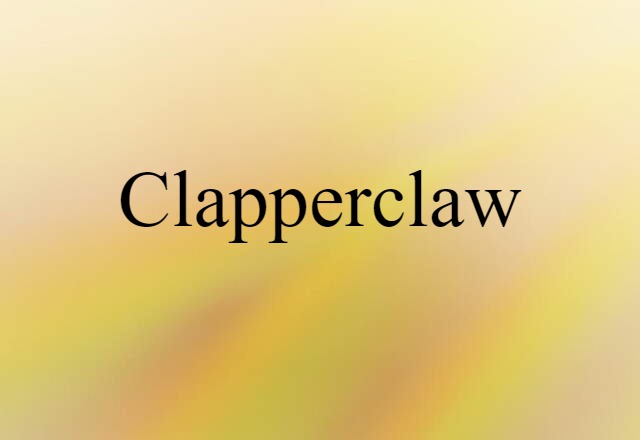- (used to indicate distance or direction from, separation, deprivation, etc.): within a mile of the church; south of Omaha; to be robbed of one's money.
- (used to indicate derivation, origin, or source): a man of good family; the plays of Shakespeare; a piece of cake.
- (used to indicate cause, motive, occasion, or reason): to die of hunger.
- (used to indicate material, component parts, substance, or contents): a dress of silk; an apartment of three rooms; a book of poems; a package of cheese.
- (used to indicate apposition or identity): Is that idiot of a salesman calling again?
- (used to indicate specific identity or a particular item within a category): the city of Chicago; thoughts of love.
- (used to indicate possession, connection, or association): the king of France; the property of the church.
- (used to indicate inclusion in a number, class, or whole): one of us.
- (used to indicate the objective relation, the object of the action noted by the preceding noun or the application of a verb or adjective): the ringing of bells; He writes her of home; I'm tired of working.
- (used to indicate reference or respect): There is talk of peace.
- (used to indicate qualities or attributes): an ambassador of remarkable tact.
- (used to indicate a specified time): They arrived of an evening.
- before the hour of; until: twenty minutes of five.
- on the part of: It was very mean of you to laugh at me.
- in respect to: fleet of foot.
- set aside for or devoted to: a minute of prayer.
- by: consumed of worms.
- have: He should of asked me first.
- variant of ob- (by assimilation) before f: offend.
- used with a verbal noun or gerund to link it with a following noun that is either the subject or the object of the verb embedded in the gerund
- used to indicate possession, origin, or association
- used after words or phrases expressing quantities
- constituted by, containing, or characterized by
- used to indicate separation, as in time or space
- used to mark apposition
- about; concerning
- used in passive constructions to indicate the agent
- used to indicate a day or part of a period of time when some activity habitually occurs
- before the hour of
- Old French (language)
















